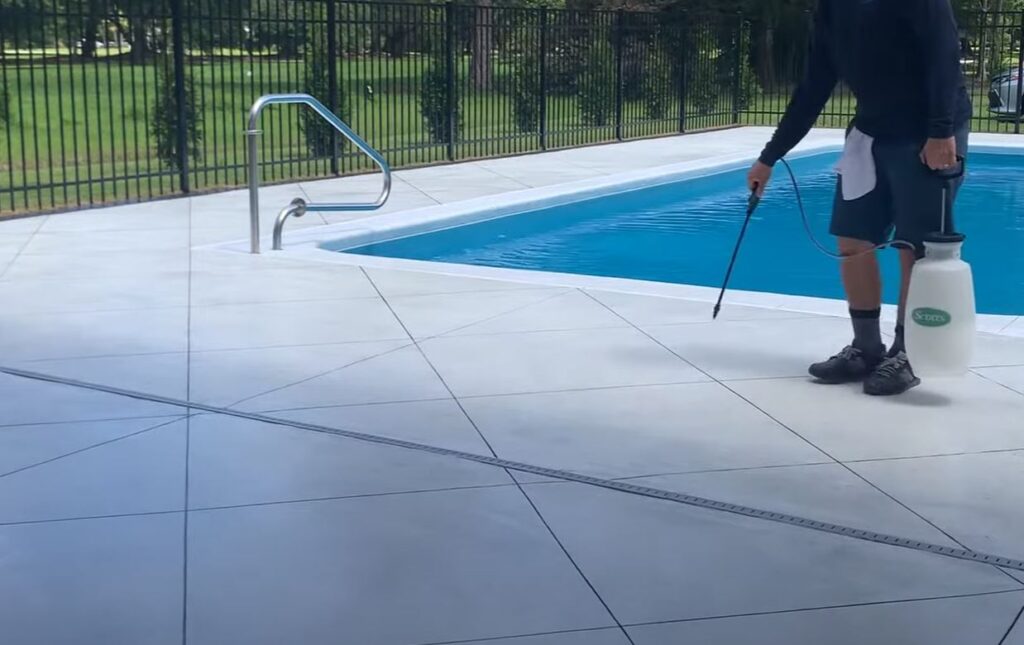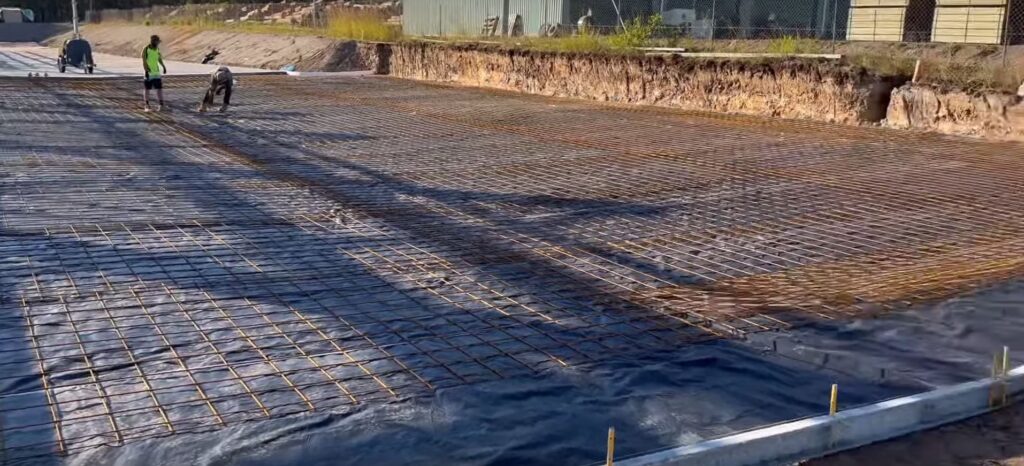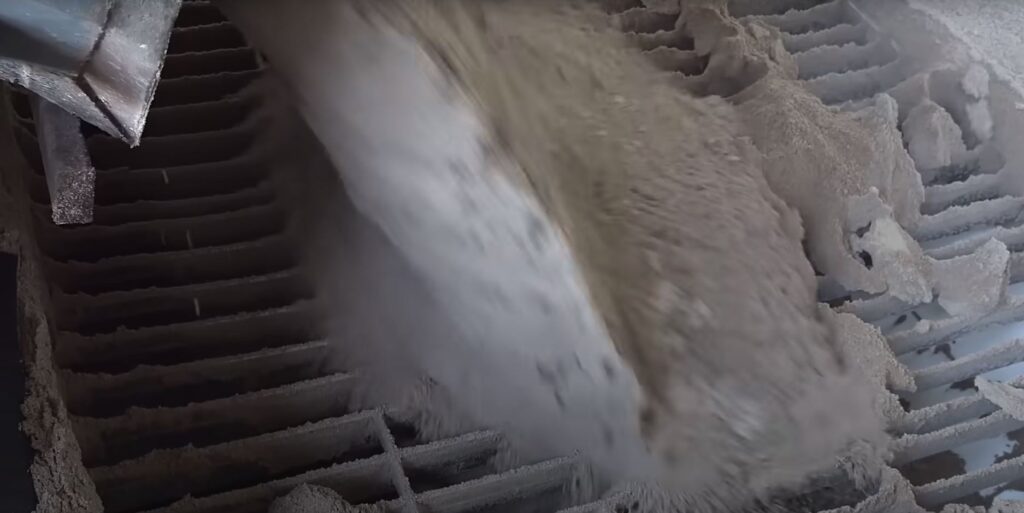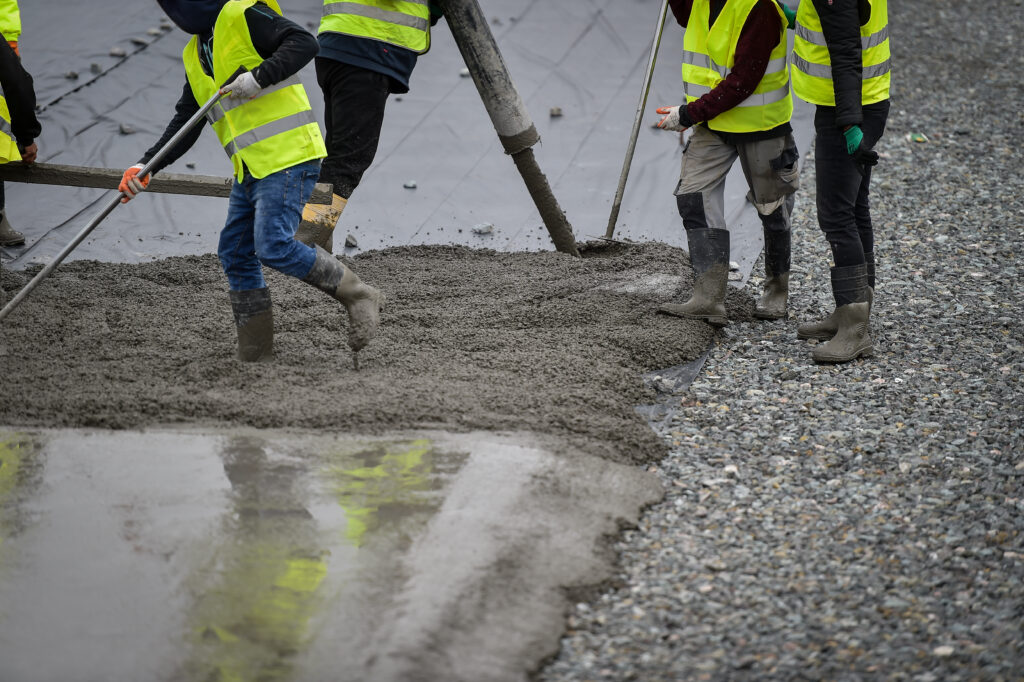Maintaining a Concrete Pool Surround in Auckland: A Guide
- Resealing Frequency
- General Rule: Every 2-3 years, based on Auckland’s climate, which includes sunny days and occasional frost.
- Factors Influencing Frequency:
- Sunlight Exposure: More frequent resealing in sunnier suburbs like Grey Lynn.
- Climate and Weather: In areas like Torbay, with coastal conditions, different wear patterns might require more tailored resealing schedules.
- Consequences of Not Resealing
- Mold and Mildew Growth: More likely in unsealed, wet, and shaded areas.
- Increased Slipperiness: Unsealed concrete can become slippery, a significant hazard around pools.
- UV Ray Damage: Causes fading and structural weakening over time.
- Types of Sealers
- Acrylic Sealers: Available in water-based and solvent-based varieties. Known for creating a glossy sheen and being breathable.
- Penetrating Sealers: Do not form a surface film and are preferred for a matte or natural look.
- Professional Application Benefits
- Expertise in application, ensuring longevity and effectiveness.
- Advice on the best type of sealer for specific pool surrounds.
- Offered by services like Professional Concrete Driveways Auckland, ensuring a flawless finish.
- Health and Safety Enhancements
- Non-slip sealers reduce accident risks.
- Regular resealing prevents wear and tear, maintaining structural integrity.
- Protective barrier against chlorine and environmental elements.
- Auckland’s Climate Considerations
- Varies across suburbs, influencing resealing needs.
- Increased sun exposure in some areas can lead to faster UV damage.
- Technical Aspects of Sealing Process
- Surface Preparation: Involves pressure washing and etching.
- Application: Thin, even coats using specialized equipment.
- Sealer Types:
- Choice depends on traffic levels, desired appearance, and environmental conditions.
Table: Sealer Types and Their Features
| Sealer Type | Appearance | Best For | Benefits |
| Acrylic (Water-based) | Glossy Sheen | High Sun Exposure | Breathable, Water Repellent |
| Acrylic (Solvent-based) | Glossy Sheen | Durable Finish | Long-lasting, Enhances Color |
| Penetrating | Matte/Natural | Low Visibility Areas | Protects Without Altering Look |
In conclusion, for Auckland residents, regular resealing of concrete pool surrounds is essential for maintaining both aesthetic and functional integrity. Depending on the specific conditions of your location
- Auckland’s Climate Considerations
- Local Climate Variations: Different areas in Auckland may have varying resealing needs. For example, areas with more direct sunlight like Grey Lynn may require more frequent resealing compared to shadier locales.
- Technical Aspects of Sealing Process
- Sealing Process:
- Surface Preparation: Cleaning and etching to prepare the concrete.
- Sealer Application: Applying the sealer in thin coats for even coverage.
- Type of Sealer: Choosing the right type based on specific needs like appearance, traffic, and environmental conditions.
- Sealing Process:
Summary
Regular resealing of concrete pool surrounds in Auckland, considering factors like sunlight exposure and local weather, is crucial for preserving their appearance and safety. Professional services like Professional Concrete Driveways Auckland can provide expert sealing, tailored to the specific needs of different areas like Grey Lynn and Torbay. The choice of sealer, whether acrylic or penetrating, depends on various factors including desired finish and environmental conditions. Regular maintenance, including resealing every 2-3 years, is key to preventing issues like mold growth, slipperiness, and damage from UV rays.
FAQs on Resealing Concrete Pool Surrounds
How Often Will I Need to Reseal My Concrete Pool Surround?
Typically, resealing a concrete pool surround is recommended every 2-3 years. This frequency can vary based on factors like climate, amount of sunlight, and pool usage.
Does the Climate in Auckland Affect Resealing Frequency?
Yes, Auckland’s climate, which includes sunny days and occasional frosts, can affect the resealing frequency. Sunnier areas like Grey Lynn may require more frequent resealing.
What Happens If I Don’t Reseal My Pool Surround Regularly?
Neglecting to reseal can lead to mold and mildew growth, increased slipperiness, UV damage, and deterioration of the concrete.
What Are the Signs That My Pool Surround Needs Resealing?
Signs include visible wear and tear, water not beading up on the surface, and discoloration or fading of the concrete.
Can I Reseal My Pool Surround Myself?
While DIY resealing is possible, it’s usually best to have it done professionally to ensure proper application and longevity.
What Types of Sealers Are Available?
There are several types, including acrylic (water-based and solvent-based) and penetrating sealers, each offering different finishes and benefits.
How Does Resealing Improve Safety Around the Pool?
Resealing with a non-slip sealer reduces the risk of slips and falls, a common hazard in wet pool areas.
Are There Special Considerations for Resealing in Coastal Areas Like Torbay?
Yes, coastal areas may have unique environmental conditions that affect the type of sealer used and the frequency of resealing.
How Does Resealing Protect Against UV Damage?
Sealers provide a protective barrier against UV rays, preventing the concrete from fading and deteriorating over time.
What are the Steps Involved in Resealing a Concrete Pool Surround?
The process includes cleaning the surface, possibly etching the concrete for better sealer adherence, and applying the sealer in even, thin coats.
Will Resealing Change the Appearance of My Concrete?
Resealing can enhance the appearance of concrete by restoring its original color and adding a sheen, depending on the type of sealer used.
Is It Necessary to Use a Non-Slip Sealer?
While not mandatory, using a non-slip sealer is highly recommended for safety reasons, especially in a pool area where wet surfaces are common.
Can Resealing Help Prevent Mold and Mildew Growth?
Yes, a good sealer can prevent water from penetrating the concrete, thereby reducing the conditions that favor mold and mildew growth.
How Does Weather Exposure Influence the Need for Resealing?
Exposure to elements like rain, sun, and frost can wear down the sealer over time, necessitating more frequent resealing.
What Should I Do If the Concrete Around My Pool is Already Damaged?
If the concrete is damaged, it may need repairs before resealing. Consult a professional for an assessment and appropriate repair options.
Are There Different Types of Sealers for Different Concrete Finishes?
Yes, the type of concrete finish (e.g., stamped, colored, plain) can influence the choice of sealer to ensure compatibility and desired aesthetic results.
How Long Does the Resealing Process Take?
The duration depends on the size of the area and the specific processes involved, but generally, it can be completed within a day or two.
What Are the Long-Term Benefits of Regular Resealing?
Regular resealing extends the lifespan of the concrete, maintains its appearance, and reduces the likelihood of costly repairs in the future.
By staying informed about the resealing process and understanding its importance, you can ensure that your concrete pool surround remains in excellent condition for years to come.




